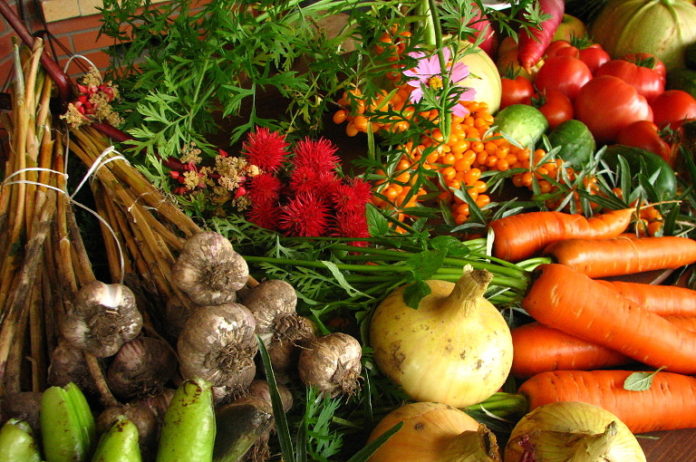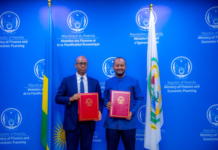Nestlé has announced plans to support and accelerate the transition to a regenerative food system one that aims to protect and restore the environment, improve the livelihoods of farmers and enhance the well-being of farming communities.
Nestlé will work with its food system partners, including the company’s network of more than 500,000 farmers and 150,000 suppliers, to advance regenerative farming practices at the heart of the food system. As part of this journey, the company will also initiate new programs to help address the social and economic challenges of the transition.
The announcement is being made in the lead up to the UN Food Systems Summit in New York, as part of Nestlé’s contribution to help achieve the Sustainable Development Goals (SDGs) by 2030. It also follows the recent report from the United Nations’ Intergovernmental Panel on Climate Change that shows the climate crisis is intensifying.
“We know that regenerative agriculture plays a critical role in improving soil health, restoring water cycles and increasing biodiversity for the long term. These outcomes form the foundation of sustainable food production and, crucially, also contribute to achieving our ambitious climate targets,” said Paul Bulcke, Chairman of Nestlé.
Nestlé
Nestlé is a signatory of the UN Business Ambition for 1.5°C pledge and was one of the first companies to share its detailed, time-bound climate plan in December 2020. The company is taking measures to halve its emissions by 2030 and achieve net zero by 2050.
“With our long-standing partnerships with farming communities globally, we want to increase our support for farming practices that are good for the environment and good for people,” said Mark Schneider, Nestlé CEO. “In the spirit of enabling a just transition it is vital that we support farmers around the world that take on the risks and costs associated with the move towards regenerative agriculture.”
Nestlé is investing CHF 1.2 billion over the next five years to spark regenerative agriculture across the company’s supply chain, using three primary levers to help farmers adopt regenerative practices.








